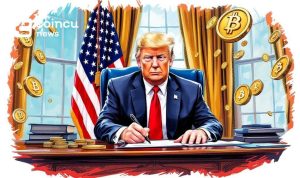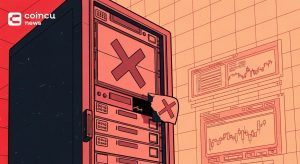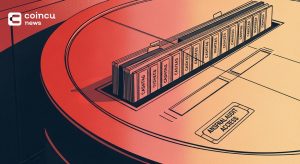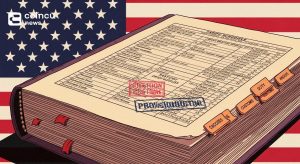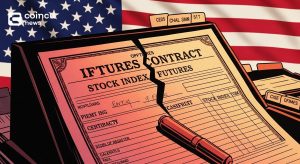U.S. House of Representatives Passes Debt Ceiling Bill, Allowing Indefinite Spending Until 2025
Key Points:
- US Debt Ceiling Bill passed by House of Representatives, total federal debt expected to rise from $31T to $36T.
- Cryptocurrency market may face monetary contraction from potential increase in Treasury bill issuance, but market analysts optimistic about long-term outlook.
- Federal Reserve Board member advocates for temporary pause in interest rate hikes, positive employment figures may support a cautious approach.
U.S. House of Representatives passed the Debt Ceiling Bill on June 1, ensuring the continuity of government spending until January 2025.

The passing of this provision comes at a crucial time as the total federal debt is expected to rise from $31 trillion to $36 trillion, according to The Kobessi Letter.
While this development offers short-term relief for the U.S. government, it may have implications for the cryptocurrency market. Monetary contraction resulting from a potential increase in Treasury bill issuance could exert sell-side pressure on cryptocurrencies. However, market analysts remain optimistic about the long-term outlook, as the bill paves the way for unlimited spending.
In related news, Philip Jefferson, a member of the Federal Reserve Board of Governors, has recently advocated for a temporary pause in interest rate hikes. Jefferson suggests taking time for data assessment before making any further adjustments. This proposed “skip” in rate adjustments is expected to be discussed at the next Federal Open Market Committee (FOMC) meeting, set to conclude on June 3.

Furthermore, the release of employment data later today may bolster support for a rate pause. Positive employment figures could provide additional rationale for taking a cautious approach to interest rate adjustments. Currently, the probability of a rate pause stands at 77%, indicating a considerable chance of a temporary halt to rate hikes.
The passing of the Debt Ceiling Bill and the potential rate pause demonstrate the delicate balancing act of economic policymaking. With the aim of maintaining stable economic growth and managing the increasing national debt, policymakers face the challenge of making decisions that can sustain long-term prosperity.
As the U.S. government gains the ability to spend indefinitely, attention will now turn to the consequences of such actions. The impact on inflation, the stability of financial markets, and the overall health of the economy will be closely monitored by economists and market participants alike.
DISCLAIMER: The Information on this website is provided as general market commentary and does not constitute investment advice. We encourage you to do your own research before investing.
Join us to keep track of news: https://linktr.ee/coincu
Annie
Coincu News










